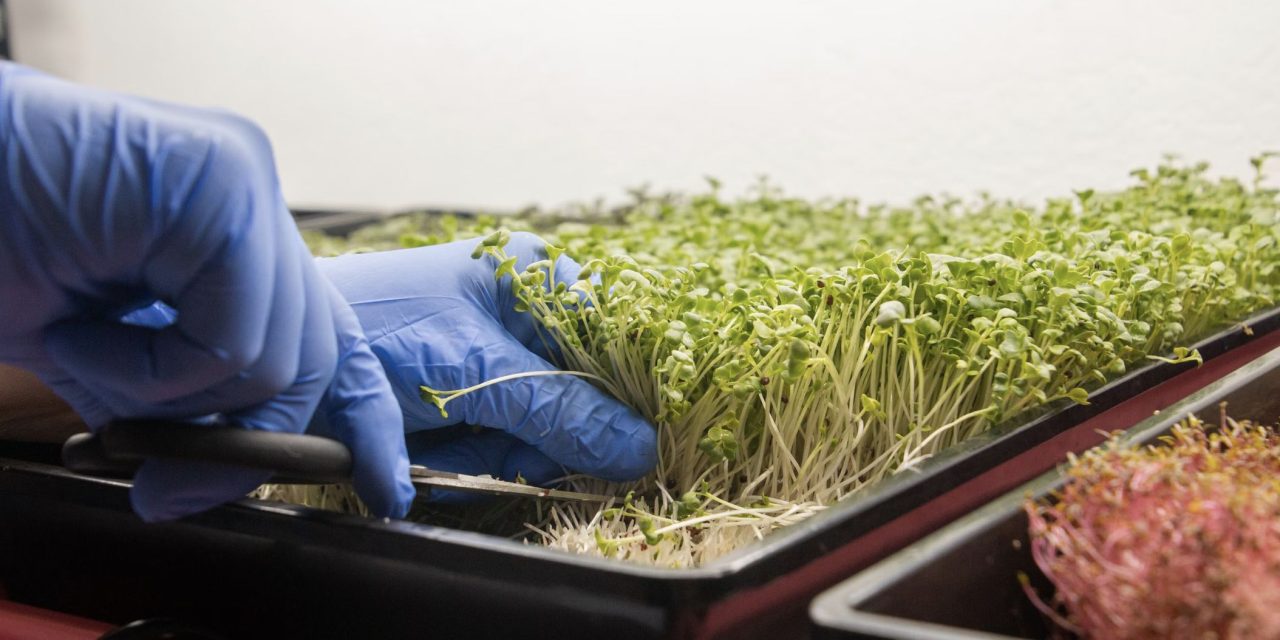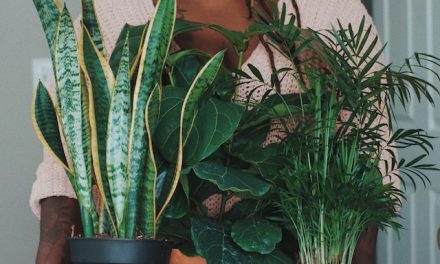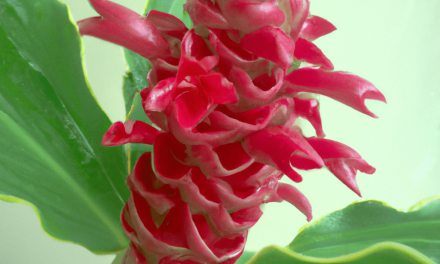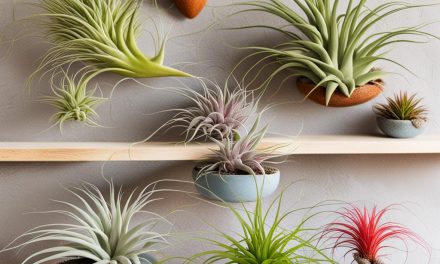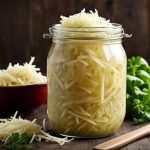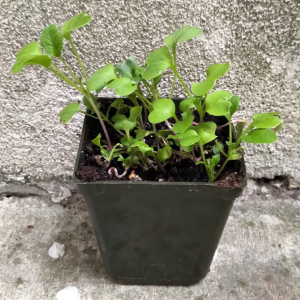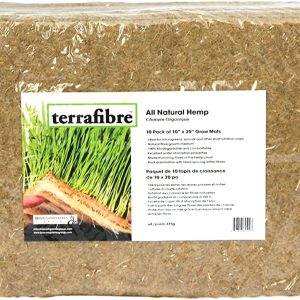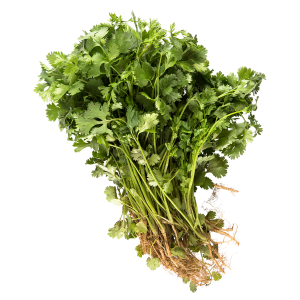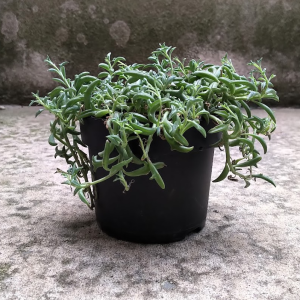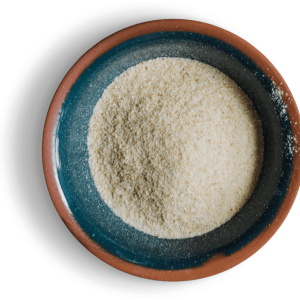Growing broccoli sprouts in a jar is a simple and easy way to produce your own fresh sprouts at home. Here is a basic guide on how to grow broccoli sprouts in a jar:
- Get a wide-mouthed glass jar, ideally a quart-sized jar. A plastic lid, cheesecloth, and a rubber band will also be needed to cover the jar.
- Rinse the jar and lid with hot water and soap, then dry them thoroughly.
- Measure out about 2 tablespoons of broccoli seeds and place them in the jar.
- Add about 2 cups of water to the jar, covering the seeds completely. Soak the seeds for at least 6-8 hours, or overnight.
- Drain the water from the jar and rinse the seeds with fresh water.
- Cover the jar with cheesecloth and secure it with a rubber band. The cheesecloth will allow air to circulate while keeping debris out of the jar.
- Place the jar in a warm, dark location, such as a pantry or cabinet.
- Rinse the seeds twice a day, draining out any excess water, and making sure that the seeds are always moist. The sprouts will be ready to eat in 3-5 days.
- Once the sprouts have grown to your desired length, remove the cheesecloth and place the jar in the refrigerator. They will store for up to a week.
When rinsing the seeds, it’s important to make sure that the seeds are always moist but not waterlogged, because this can cause mold growth and spoil your sprouts.
Here are some other things to avoid when growing broccoli sprouts in a jar:
- Over-watering: Over-watering can lead to mold growth and spoil your sprouts. Be sure to drain off any excess water after rinsing the seeds and make sure that the seeds are always moist.
- Lack of air circulation: Poor air circulation can lead to mold growth and spoil your sprouts. Use cheesecloth or a sprouting lid to cover the jar and allow for air circulation.
- Not rinsing the seeds often enough: Rinse the seeds twice a day, at least, to prevent mold growth and ensure that the seeds are always moist.
- Not using clean equipment: Make sure to clean all equipment before starting your sprout, the jar, cheesecloth, and the lid, because dirty equipment can lead to mold growth and spoil your sprouts.
- Not stored at the right temperature: After you finish growing your sprouts, make sure to store them in the refrigerator at around 40F, and not leave them out in warm temperatures, this can cause the sprouts to spoil.
- Not using the right seeds: Make sure you’re using broccoli sprout seeds, not broccoli seeds, and not using expired seeds.
- Using tap water: if you live in an area where the water is treated with chlorine or fluoride, it can inhibit sprout growth, so it’s better to use distilled water or filtered water.
By avoiding these common mistakes, you will be able to successfully grow your own healthy and delicious broccoli sprouts in a jar. With a little bit of care and attention, you can enjoy fresh, homegrown sprouts in just a few days.
Eating broccoli sprouts in a jar is a healthy and convenient way to add nutrient-rich food to your diet. Here are a few tips for consuming broccoli sprouts:
- Rinse the sprouts well before consuming them to remove any dirt or debris.
- Add the sprouts to salads, sandwiches, wraps, or as a topping for tacos or pizzas.
- Mix them with other sprouts, such as alfalfa, clover, or radish sprouts.
- Eat them as a snack, straight out of the jar, or with a dip.
- Add them to smoothies or juices.
- Stir-fry them as a side dish with vegetables and protein.
- Use them in soups or stews as a garnish.
- Broccoli sprouts can also be dehydrated and ground to make a powder that can be added to a variety of dishes as a nutritional boost.
Keep in mind that broccoli sprouts are raw consume them in moderation and vary your diet with other vegetables. Also, when consuming broccoli sprouts, it’s important to know that they contain a compound called “glucoraphanin” which when metabolized, produces a compound called “sulforaphane” and it’s been linked to reducing cancer risks, but also it could interact with certain medications, so if you are taking any, please consult your doctor before consuming broccoli sprouts.
It is also worth noting that in addition to broccoli sprouts, you can grow other types of sprouts, like alfalfa, clover, and mung beans.

